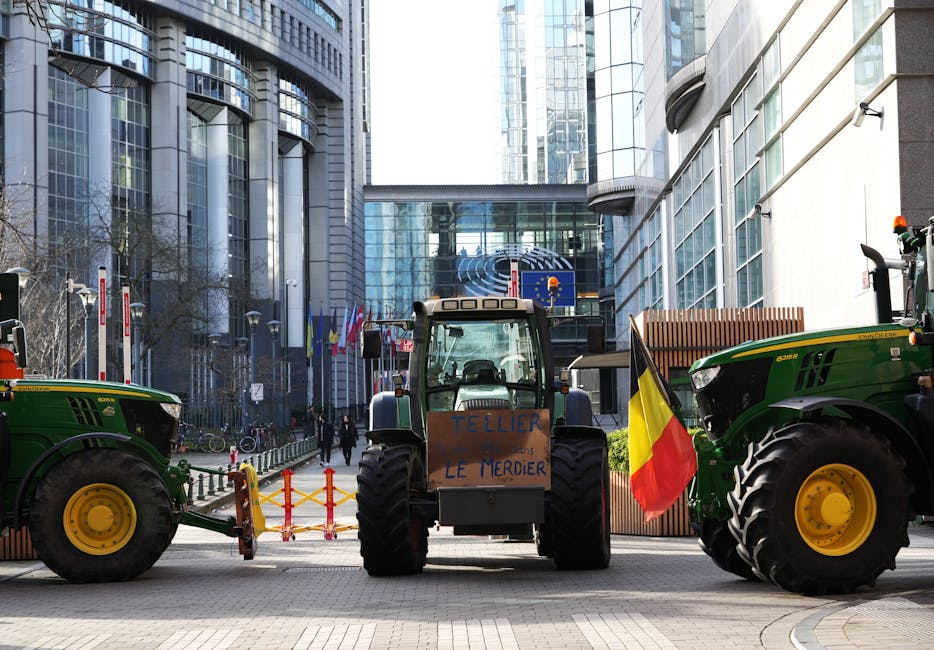The intricate dance between economic prosperity and political stability is a recurring theme in the annals of human history. From the French Revolution to the Arab Spring, periods of economic hardship have frequently served as fertile ground for political upheaval. This article delves into the multifaceted relationship between economic conditions and political unrest, exploring the various causal links and nuanced considerations that shape this complex dynamic.
A fundamental observation is that economic difficulties frequently precede or coincide with heightened political instability. Economic downturns often lead to widespread job losses, rising poverty rates, and decreased access to basic necessities. These grievances, when coupled with a perceived lack of responsiveness from governing structures, can fuel public discontent and even violent protests. The scarcity of resources, amplified by rising inequality, can create a sense of injustice, driving individuals and groups to seek alternative means of expressing their frustrations.
One key mechanism through which economic hardship translates into political unrest is the erosion of trust in the governing apparatus. When economic policies fail to deliver on promises of improved living standards or when they exacerbate existing inequalities, the legitimacy of the ruling class can be severely challenged. Public disillusionment can manifest as apathy, disengagement, or active opposition to the status quo. This distrust can create an environment ripe for the emergence of populist movements or revolutionary ideologies that offer alternative solutions, often with little regard for established norms and procedures.
Several socioeconomic indicators offer a crucial insight into this complex relationship. Rising unemployment figures, persistent inflation, and widening income gaps are all potent catalysts for political unrest. Unemployment, in particular, can engender a sense of hopelessness and marginalisation, leading to a loss of faith in the existing system. Individuals facing economic hardship are often more receptive to alternative ideologies that promise a swift resolution to their problems, even if those solutions are ultimately unsustainable or detrimental.
Furthermore, the accessibility and distribution of resources plays a critical role. When economic resources are unevenly distributed, with a small elite accumulating wealth while the majority struggles to meet basic needs, a strong sense of injustice can emerge. This inequality often serves as a potent catalyst for social unrest. Protests, demonstrations, and even armed conflicts can erupt as marginalized communities seek to redress the imbalance in power and resources.
However, the correlation between economic hardship and political unrest is not always straightforward. Some countries experiencing significant economic challenges have remained remarkably stable, while others with relatively strong economies have witnessed periods of significant political upheaval. This highlights the role of other factors, including political culture, governance structures, and the presence of effective safety nets.
Effective governance plays a pivotal role in mitigating the potential for unrest during economic downturns. Robust social safety nets, such as unemployment benefits and food assistance programs, can cushion the impact of economic hardship and provide a crucial buffer against social unrest. Responsive and transparent governance structures that actively engage with citizens’ concerns and address their grievances are equally crucial in preventing social unrest.
Moreover, the role of political culture and historical context should never be underestimated. Societies with a strong tradition of democratic institutions and peaceful conflict resolution are often better equipped to weather economic storms without succumbing to violence or upheaval. Conversely, societies with a history of authoritarianism or repression are often more susceptible to political unrest, even during periods of relative economic stability.
While economic hardship is often a contributing factor, other crucial elements also significantly influence the likelihood of political unrest. Factors such as political polarization, corruption, ethnic tensions, and external pressures can amplify the impact of economic grievances and precipitate social upheaval.
In conclusion, a strong correlation exists between economic conditions and political unrest, but it is not a deterministic one. Economic downturns, inequality, and the erosion of trust in governance are crucial factors in escalating tensions. However, the presence of effective governance, strong safety nets, and a conducive political culture can mitigate the risks. Ultimately, understanding this intricate relationship is essential for policymakers, analysts, and citizens alike in navigating periods of economic uncertainty and preventing the escalation of political instability. By acknowledging the multifaceted nature of this dynamic, we can better equip ourselves to build more resilient and stable societies in an increasingly complex global environment.
